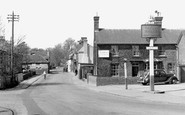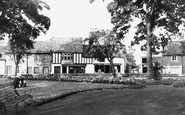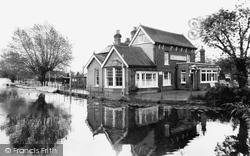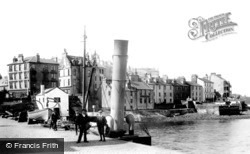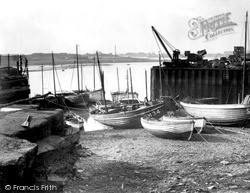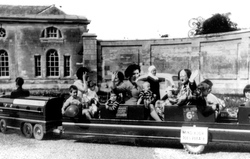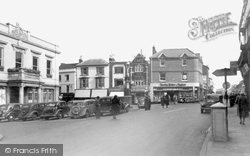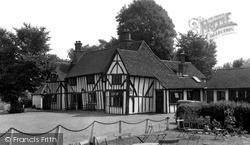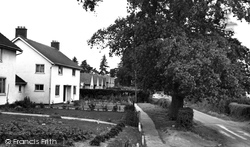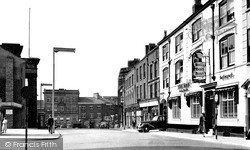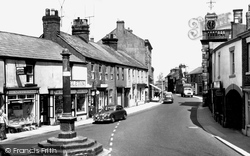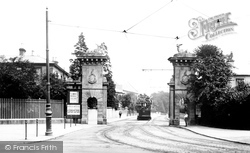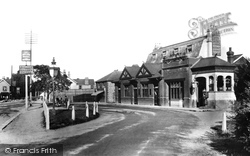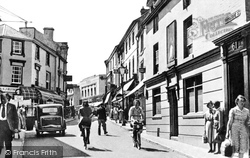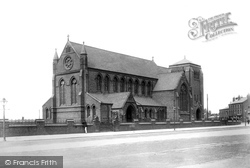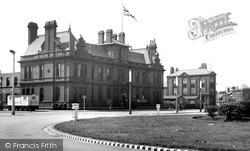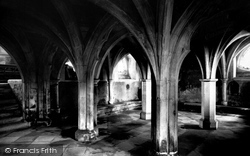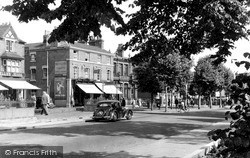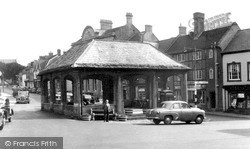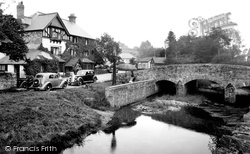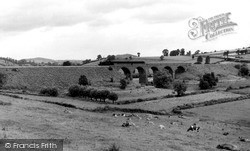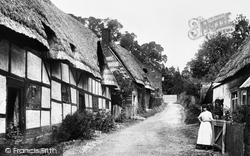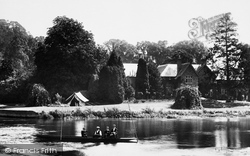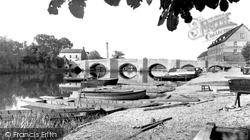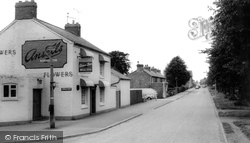Merry Christmas & Happy New Year!
Christmas Deliveries: If you placed an order on or before midday on Friday 19th December for Christmas delivery it was despatched before the Royal Mail or Parcel Force deadline and therefore should be received in time for Christmas. Orders placed after midday on Friday 19th December will be delivered in the New Year.
Please Note: Our offices and factory are now closed until Monday 5th January when we will be pleased to deal with any queries that have arisen during the holiday period.
During the holiday our Gift Cards may still be ordered for any last minute orders and will be sent automatically by email direct to your recipient - see here: Gift Cards
Places
11 places found.
Those places high-lighted have photos. All locations may have maps, books and memories.
Photos
54 photos found. Showing results 881 to 54.
Maps
494 maps found.
Books
25 books found. Showing results 1,057 to 1,080.
Memories
9,978 memories found. Showing results 441 to 450.
Highgate Village In The 1960s
What I am most interested in writing about is how Highgate Village has changed so much since my school days, growing up there in the 1960s. Today most of the shops are coffee shops, estate ...Read more
A memory of Highgate in 1965 by
Coronation Year
I moved to Holme on Spalding Moor, just after Easter 1953. My gran had a pub in Hull called The Black Boy, and she retired to Holme to run the Railway Inn in Holme and as I then lived with her I moved too. I was very excited ...Read more
A memory of Holme by
1948 To 1965
My name is Margaret Saunders. I was born at 3 Theobald Street, but at sometime we moved to 18a Theobald Street. I went to Furzehill Infant and Junior schools, then on to Lyndhurst. We lived over the shop that was the stationers, ...Read more
A memory of Borehamwood in 1948 by
My Childhood In Erith
My sister Wendy and I went to school at The Sacred Heart Convent on Erith Rd in the early '50s. I remember being taught by nuns in traditional nun's habits. But one teacher who wasn't a nun I remember because she was called Miss ...Read more
A memory of Erith in 1954 by
The Rec
The "Rec" was the place to be in the 1970's when you lived on the Cedar Rd Estate. We lived just round the corner on Elmdale Rd and had a garden which backed on the Rec. This was a good short cut into the Rec. Lived there as a young lad ...Read more
A memory of Earl Shilton by
Memories Of Walthamstow
My memories of Walthamstow are mainly of other people - but here goes! My son was born in 1965 in Thorpe Coombe Hospital, where some of the people who have posted memories on this site were born. Before 1934 my grandfather ...Read more
A memory of Walthamstow in 1965 by
Happy Youth
I first found out about when I moved to Great Horton in Bradford about 1952. I met a boy called Philip Tempest who lived in a house near by, we became life long friends. His parent took me on holiday with them to a cottage they owned in ...Read more
A memory of Nesfield in 1950 by
The Gardens Remembered
I am puzzled as to which year this photo was taken. It must have been very late fifties because my earliest memory of The Rest Garden, as we called it, was when it was still recognizeable as a graveyard. The gravestones (many ...Read more
A memory of Uxbridge by
Stockton And Thornaby Railways
Hello. My dad, Horace Jenkins, worked as a coach lettering painter for British Rail in Thornaby for most of his life. He died at 17 The Larches, Teesville in 1953 at the age of 46. He was the best lettering ...Read more
A memory of Thornaby-on-Tees in 1950 by
The Horse And Cart
I had the perfect Job for me when I was 10. John (Jacky) Robinson had me working for him on the horse and cart. Fridays and Saturdays you could hear us walking the streets of Easington - our famous yell was "ANY STICKS ...Read more
A memory of Easington Colliery in 1969 by
Captions
2,019 captions found. Showing results 1,057 to 1,080.
A few minutes from the centre of the original village and situated by the weir, this small 19th-century hotel on the banks of the River Lea, with its eight rooms, was, and still is, popular with anglers
This view shows the backs of buildings along Kempock Street. Kempock Place is just in view on the extreme left. Over to the right is Seaton's temperance hotel, one of several in the town.
The large shingle bank on the southern side of the harbour, formerly part of the parish of Lancing, became part of Southwick in c1900.
Another highlight for children used to be the travelling fair which visited the Lickeys on bank holidays, occupying a site on the corner of Lickey Road and Leach Green Lane.
Basingstoke's role as an important market centre dates back to medieval times; it was established as a borough in 1622 when James I granted the town a charter giving it a weekly market and a twice-yearly
Parts of this beautiful old building date back to the middle years of the 16th century.
Here we see pairs of family homes with large front and back gardens built in the late 1950s. Beyond are bungalows for the elderly, built in 1961.
The market that was traditionally held here was moved away in 1973, but it was recently brought back for a trial period after a campaign by local traders.
The town's reputation for its fine market harks back to the 14th century, when the first rights were granted to the abbot of Cockersands.
A rather complex road junction now marks the spot where these gates once stood.The gates, signifying the entrance to the Bevois Mount Estate, date back to 1844, but were removed before World War Two
The Red Lion can be traced back to 1680 and stood alone until the arrival of the railways and Cane Hill Hospital.
The road is widening as we look back towards the High Street. Owen the pharmacist was at No 61 (right) until 1958, next door to the King David Inn, which was to close in 1973.
Widnes was then just a sleepy little hamlet of a few houses on the banks of the Mersey.
Widnes was then just a sleepy little hamlet of a few houses on the banks of the Mersey.
The western part is a burial vault for the Bankes family.
The handsome building in the centre of this view, adorned with a balustrade and pinnacles, was a branch of the Midland Bank in 1950.
As we look back up East Street, the focus of the view is the Market Hall.
During a terrible flood in 1952, the river burst its banks and five feet of water surged through the hotel and stables.
The track is the main line between Paddington and Exeter, and here is carried above the River Carey on the back of a five-arch viaduct.
We are looking towards Back Lane. This is a street mainly of 16th- or 17th- century timber-framed cottages.
This view of the Mill House, further north along the Buckinghamshire bank, captures wonderfully the curious formality of late Victorian leisure activity as the fishermen sit stiffly in
The factory on the right bank was turned into residential flats in the 1980s.
Astwood Bank developed in linear fashion along the Ridgeway, which is now the main road to Pershore and Evesham.
The handsome building in the centre of this view, adorned with a balustrade and pinnacles, was a branch of the Midland Bank in 1950.
Places (11)
Photos (54)
Memories (9978)
Books (25)
Maps (494)



